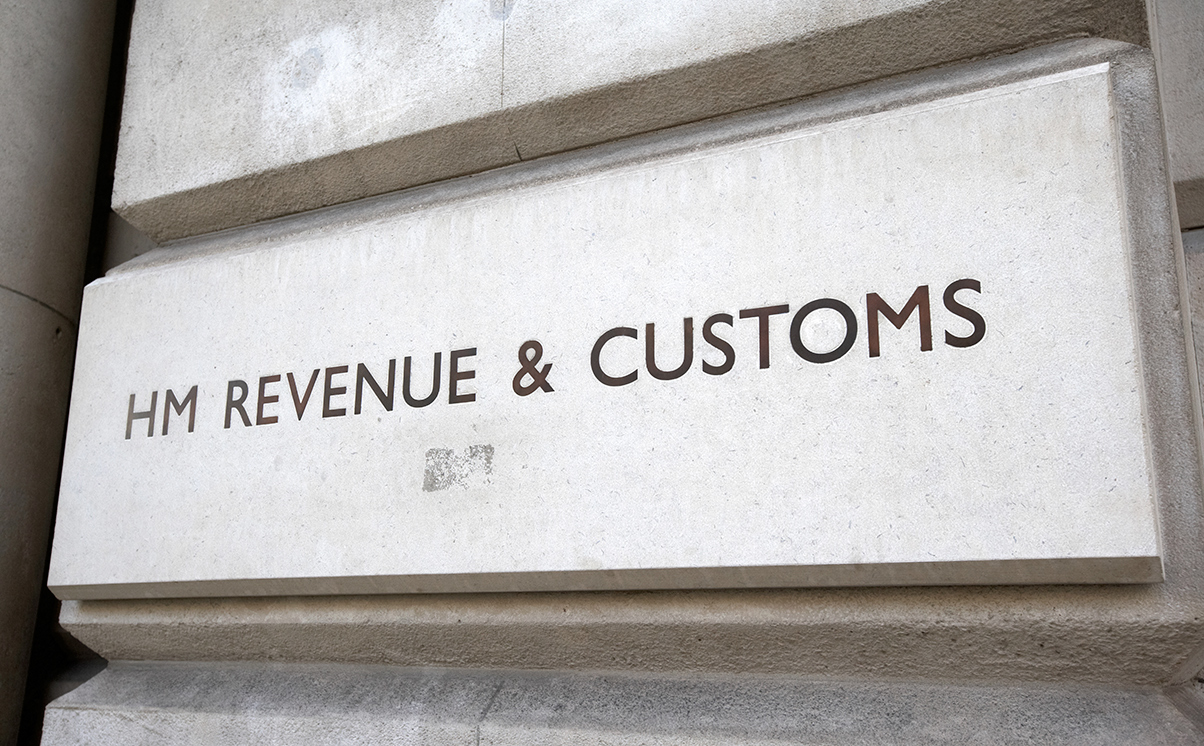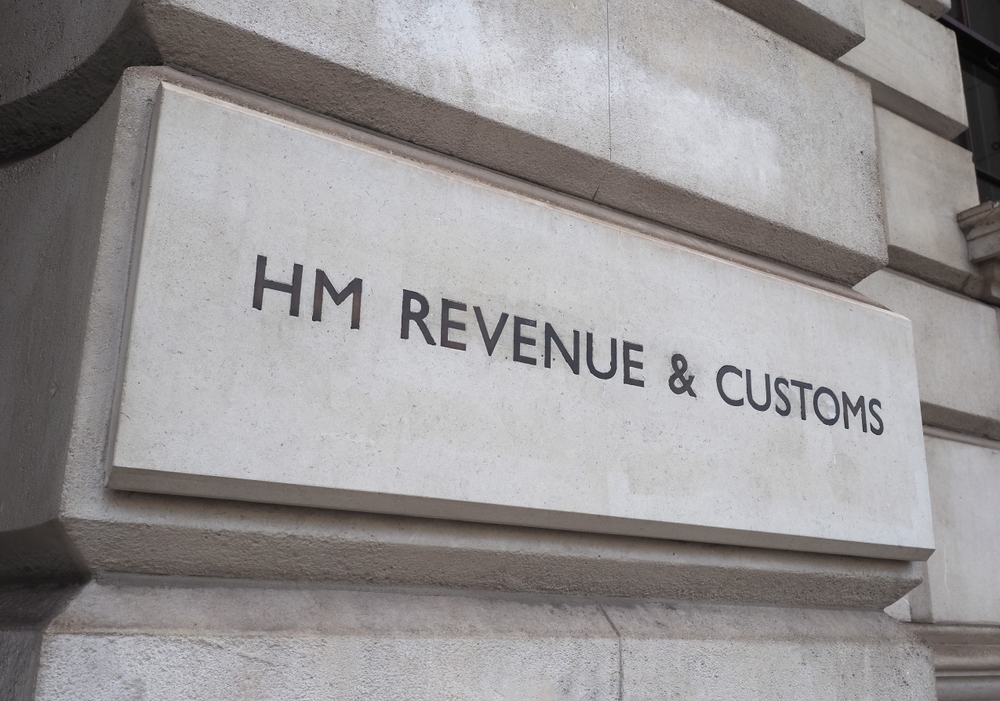The High Risk Corporates Programme (“HRCP”) and the High Risk Wealth Programme (“HRWP”) were established by HMRC in 2006 and 2018, respectively. Their aim is to support the effective resolution of tax disputes through agreement or litigation while promoting future compliance, strengthening taxpayers’ relationships with HMRC and enhancing HMRC’s ability to manage complex tax risks across high-value customer groups.
Anastasia Nourescu (Partner) and Mikolaj Kudlinski (Associate) provide an overview of the two programmes, set out how they can be used to effectively resolve tax disputes and look at the role these are likely to play as part of HMRC’s future compliance efforts.
What are the HRCP and HRWP?
The HRCP is a cross-directorate initiative that brings together specialists from across HMRC, including technical and legal experts. It offers the corporates selected for the programme an opportunity to engage directly with HMRC at a senior level, allows them to take part in discussions on the technical issues in dispute and offers streamlined access to an enquiry coordinator with a view to resolving complex tax disputes more efficiently. There is no formal threshold for inclusion in the HRCP. Instead, HMRC selects cases based on the scale and complexity of open risks across all taxes, alongside an assessment of a business’s tax planning behaviours and its relationships with HMRC.
The HRWP was introduced as a counterpart to the HRCP following the latter’s success, and its structure and objectives closely mirror those of the HRCP. The cases for the HRWP are chosen from the pool of approximately 850,000 individuals HMRC considers to be “wealthy”, ie those individuals who have had incomes of £200,000 or more or assets equal to or above £2m in any of the last three years. Selection for the HRWP is based on the significance of the tax at risk and the potential value of targeted compliance interventions, particularly where progress has stalled or the relationship with HMRC has deteriorated. Typically, only the most high-stakes disputes are taken forward, given the limited capacity of the HRWP team. It is possible to request that a dispute becomes part of the HRWP, but this decision is solely at HMRC’s discretion.
In both programmes, decisions are made in line with HMRC’s Litigation and Settlement Strategy (“LSS”) and, consequently, HMRC can only agree a settlement that is compliant with the LSS.
What is the Litigation and Settlement Strategy?
The LSS is a framework within which HMRC resolves tax disputes. The framework applies to all civil tax disputes (rather than criminal investigations) and to all steps taken by HMRC to resolve such disputes. Its purpose is to ensure that HMRC handles disputes consistently, transparently and in a way that protects the integrity of the UK tax system while minimising the risk of potentially costly litigation.
To achieve this purpose, the LSS encourages HMRC staff, among others, to:
- limit disputes and pursue non-confrontational resolution
- resolve disputes in line with HMRC’s view of the law
- resolve disputes efficiently, considering their broader impact across the tax system and HMRC’s customer base
- ensure disputes are pursued only when the potential tax at stake justifies the effort
- settle only for the full amount HMRC expects to win in court, or litigate if no agreement is possible, and
- concede cases where HMRC’s litigation prospects are weak.
The LSS is instrumental in HMRC’s High Risk Programmes, as it informs HMRC’s decision-making and ensures its commitment to fair but firm dispute resolution. For example, in line with the LSS, HMRC will strive to resolve a dispute without compromising on its view of the right legal position. Similarly, if HMRC believes it has a strong case, it will litigate rather than settle for a potentially smaller amount.
Where are we now?
Almost two decades from its introduction, the HRCP is widely regarded by both HMRC and taxpayers as an effective mechanism for resolving tax disputes: HMRC values its positive impact on tax compliance, while large businesses appreciate its simplicity and cost-efficiency. In fact, as noted by HMRC in its written evidence to the Treasury Committee, by 2012, over 1,500 disputes had been resolved through HRCP, and it continues to be seen as a helpful route for resolving large and complex tax disputes today.
The HRWP is similarly considered a success. In 2024, as noted by the National Audit Office in its report, HMRC was managing 21 active cases under the programme. This figure is expected to rise as HMRC continues to gradually increase the number of cases accepted into HRWP because of its vital role in increasing tax compliance. For taxpayers, the programme has offered priority access to technical specialists and certainty regarding their tax position, making resolution of disputes more efficient.
The future
In recent years, HMRC has increasingly focused on complex, high-value cases, and we expect this focus to continue in relation to both large businesses and wealthy individuals. HMRC has a mandate to increase collections, and the recent surge in compliance yield is largely attributable to HMRC’s shift towards higher-value investigations.
HMRC is increasingly leveraging data and technology to tailor its approach to different large businesses based on their risk profiles, which will likely lead to a larger pool of corporates that might become subject to audit. HRCP might therefore become a preferred route to dispute resolution for large businesses flagged by HMRC’s evolving risk analytics, given the programme’s considerable track record of success, rapid turnaround and cost-efficiency.
The government has also repeatedly signalled an increased ambition to tackle non-compliance among high net worth individuals. This has led to changes to the non-dom rules, the abolition of certain reliefs and the adjustment of Capital Gains Tax rates. The Public Accounts Committee has recently suggested that there is scope for HMRC to use artificial intelligence to better analyse and exploit data, and thus improve its risk assessment and targeting of wealthy individuals. As HMRC enhances its data-processing capabilities, it will be better equipped to identify complex risk profiles, potentially resulting in a rise in enquiries. In this context, the HRWP could serve as a useful mechanism for affected individuals to resolve disputes swiftly, especially in cases involving multiple interrelated tax issues.
You can find further information regarding our expertise, experience and team on our Tax Disputes page.
If you require assistance from our team, please contact us.
Subscribe – In order to receive our news straight to your inbox, subscribe here. Our newsletters are sent no more than once a month.
.






